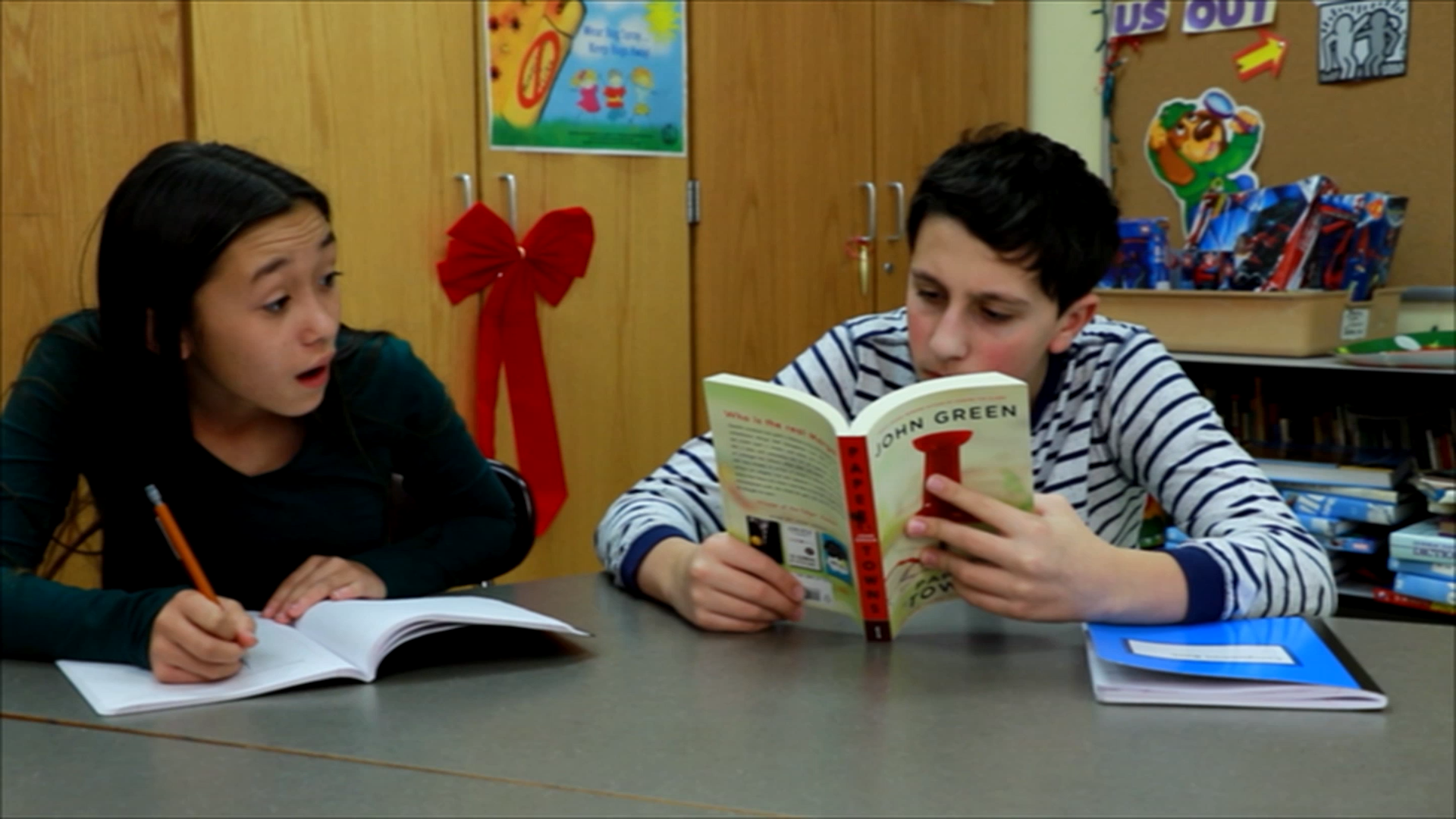
Introduction
Understanding how our conversations and topics affect others is a crucial aspect of Social-Emotional Learning. This blog post introduces an engaging role playing game called “Act It Out!” designed for middle school students. The game helps students learn about the impact of conversational topics on others, using clues to come up with discussion subjects, and effectively managing emotions during social interactions. Get ready to take your students on a journey of self-discovery and social skill development!
No-Prep Activity
In this no-prep activity, you can easily implement the “Act It Out!” game in your classroom without any prior preparation or materials. The game revolves around role playing different social situations, with each round involving two characters (Person A and Person B). Before starting the round, assign two students to these roles and provide them with a scenario to act out. The rest of the group will observe the scene and rate the actors based on their performance and how well their actions match the emotions they were supposed to portray.
After the role play, encourage a group discussion by asking questions about what happened in the scene, how emotions changed from the beginning to the end, and what clues the students used to come up with conversation topics. This activity promotes active listening, empathy, and self-awareness, as well as enhancing students’ ability to navigate social situations.
Discussion Questions
- What clues did the actors use to come up with conversation topics in the scene? How can we apply this skill in real-life situations?
- How did the emotions of the characters change throughout the scene? What factors contributed to these changes?
- What strategies can we use to manage our emotions during conversations, especially when discussing sensitive or challenging topics?
- How can we ensure that our conversation topics are inclusive and respectful of others’ perspectives and experiences?
- What are some ways to improve our active listening skills during conversations?
Related Skills
Beyond the skills practiced in the “Act It Out!” game, there are several other relevant abilities that students can develop to enhance their social-emotional competencies. These include:
- Empathy: Understanding and sharing the feelings of others, and responding with care and support.
- Conflict resolution: Effectively addressing disagreements and finding mutually beneficial solutions.
- Assertiveness: Expressing one’s thoughts and feelings respectfully, while considering the needs and rights of others.
- Collaboration: Working together with others towards a common goal, demonstrating flexibility and cooperation.
Next Steps
If you’re interested in trying out the “Act It Out!” game and exploring other engaging activities to support your students’ social-emotional development, don’t hesitate to sign up for free samples at Everyday Speech. You’ll find a wealth of resources designed to help educators like you create a positive and supportive learning environment for your students.

